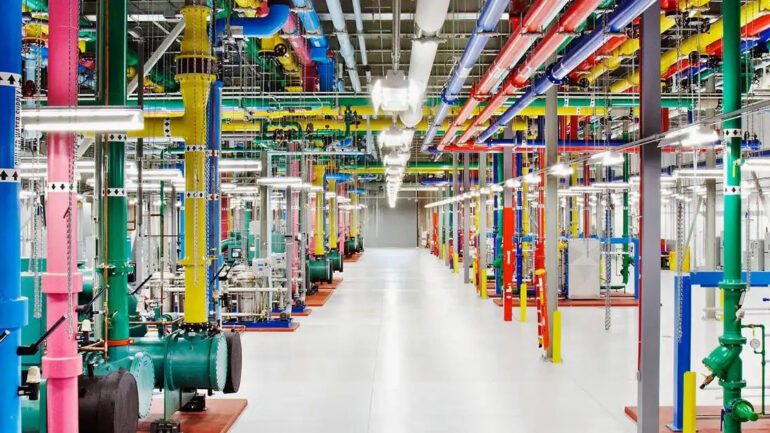TL;DR:
- Google DeepMind applies AI developments to combat climate change and promote sustainability.
- Understanding weather and climate effects through advanced AI models.
- Optimizing existing systems for energy efficiency and renewable integration.
- Accelerating breakthroughs in science, focusing on nuclear fusion.
- Emphasis on collaboration for effective AI solutions with real-world impact.
Main AI News:
Artificial Intelligence (AI) stands as a powerful technology that has the potential to reshape the future of our planet. As the world grapples with the challenges of climate change, harnessing AI becomes essential to combat this crisis and seek sustainable solutions.
The team at Google DeepMind is actively working in this domain, providing innovative AI-based solutions to mitigate the impact of climate change and protect the environment.
Understanding Weather, Climate, and Their Effects: Before tackling the issues of climate change, it is crucial to gain a profound understanding of its complexities. Google DeepMind collaborates with the UK Met Office to develop state-of-the-art precipitation nowcasting models. These models offer more accurate and preferred weather predictions for expert meteorologists. The research conducted spans from short to medium-range forecasting, which significantly impacts the optimization of renewable energy systems relying on natural resources.
Beyond weather, Google DeepMind aids scientists in tracking and comprehending the effects of climate change on ecosystems and biodiversity. AI-based projects model animal species’ behavior in the Serengeti and support conservation efforts in Africa. Additionally, the team contributes to the identification of bird songs in Australia, advancing wildlife monitoring tools. Collaborating with Climate Change AI, a non-profit organization, Google DeepMind aims to address data gaps in climate-related research, empowering AI solutions for climate change.
Optimizing Existing Systems: While transitioning to sustainable infrastructure is vital, optimizing current systems is equally crucial. Google DeepMind addresses the energy-intensive nature of computing infrastructure, including AI, by developing AI algorithms that enhance existing systems. Their efforts extend to optimizing industrial cooling and improving computer efficiency.
Recognizing the need to maximize resource utilization before a complete shift to renewable energy, Google DeepMind collaborates with domain experts at a Google-owned wind farm. Their custom AI tool predicts wind power output and recommends energy supply commitments, significantly enhancing the value of wind energy. This technology is now being piloted by the French power company ENGIE.
Accelerating Breakthrough Science: To secure a sustainable energy future, scientific breakthroughs are essential. Google DeepMind acknowledges the potential of nuclear fusion, a powerful technology capable of delivering limitless carbon-free energy. By collaborating with the Swiss Plasma Center at EPFL, Google DeepMind develops an AI system that successfully predicts and controls plasma in nuclear fusion reactors. This achievement moves us closer to harnessing abundant green energy through nuclear fusion.
Collaborative Approach for Effective AI Solutions: Google DeepMind emphasizes the importance of collaboration with affected communities, climate scientists, industry professionals, regulators, and governments. To build reliable and effective AI solutions, researchers require access to representative data, policy guidance on regulatory structures, and real-world opportunities for testing. Google DeepMind encourages domain experts and climate scientists to bring forward their challenges, offering their climate & sustainability team as a platform for finding impactful solutions.
Conclusion:
Google DeepMind’s commitment to leveraging AI for climate change solutions presents significant opportunities in the market. Their advancements in weather forecasting, energy optimization, and breakthrough science like nuclear fusion can drive innovation in sustainable technologies. Collaborating with industry experts and governments will foster the development of AI solutions with wide applications, revolutionizing the fight against climate change and shaping a greener future. Businesses that embrace and adopt these AI-based solutions can position themselves as leaders in sustainability and contribute to a more environmentally conscious market.

